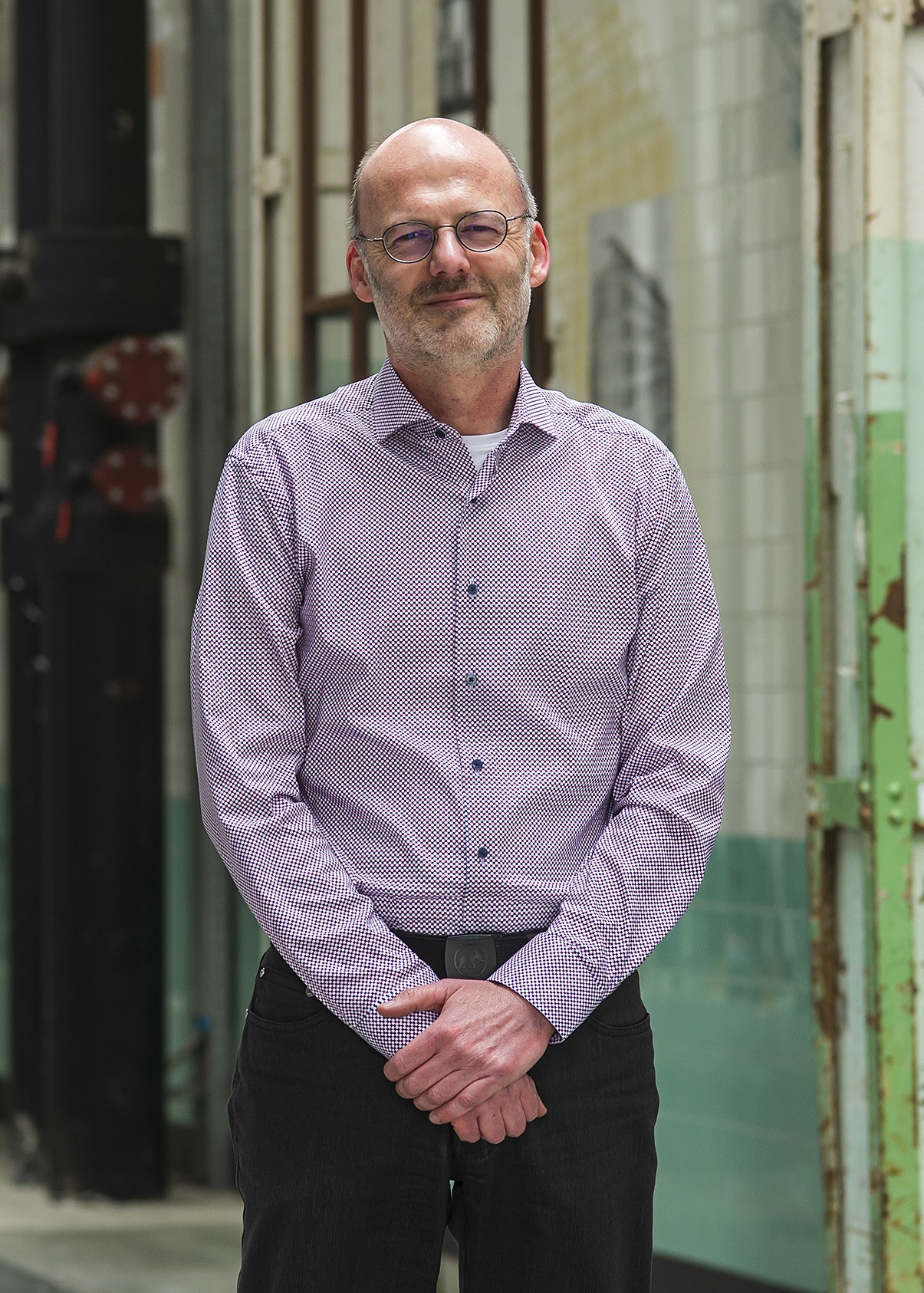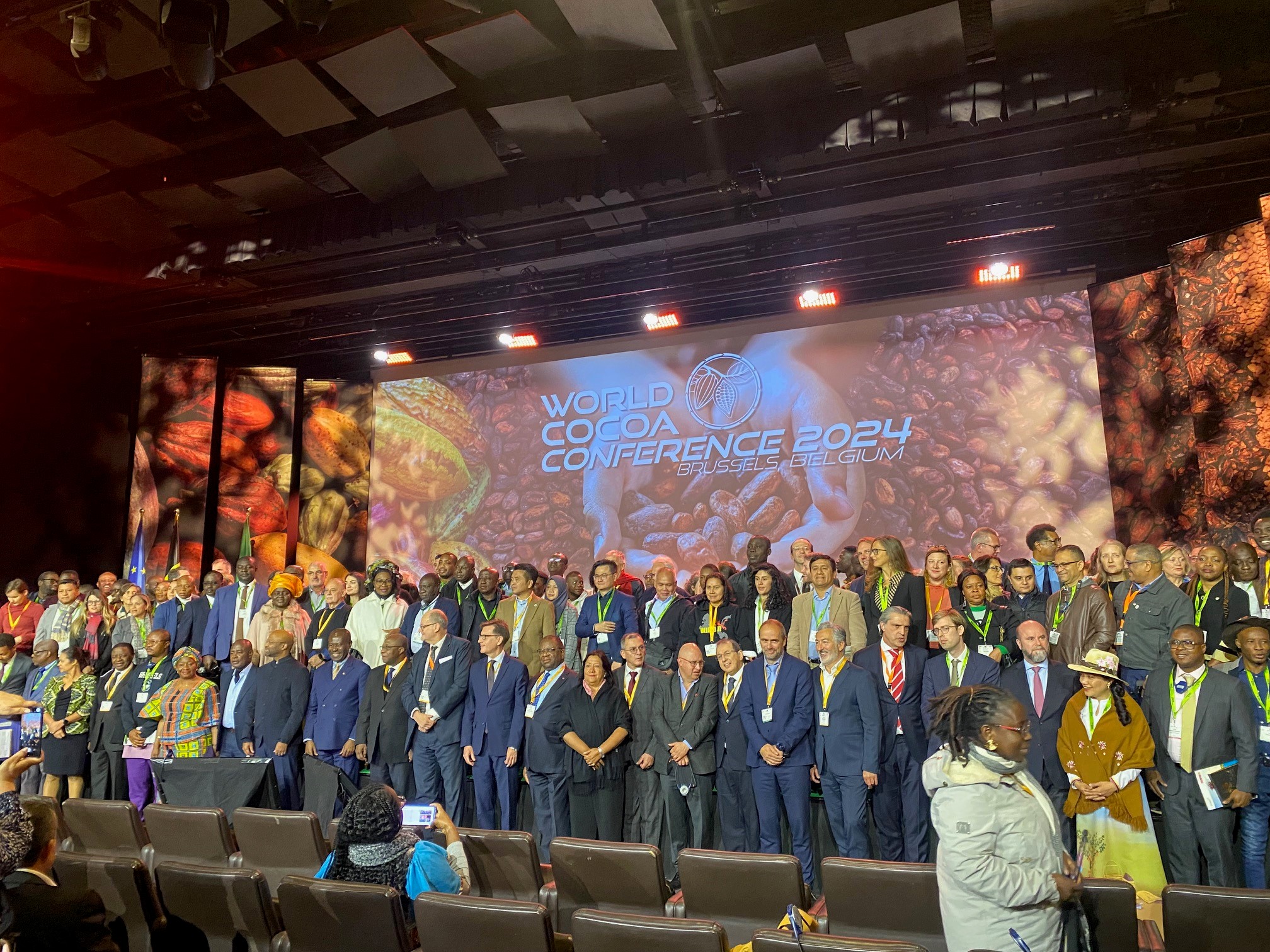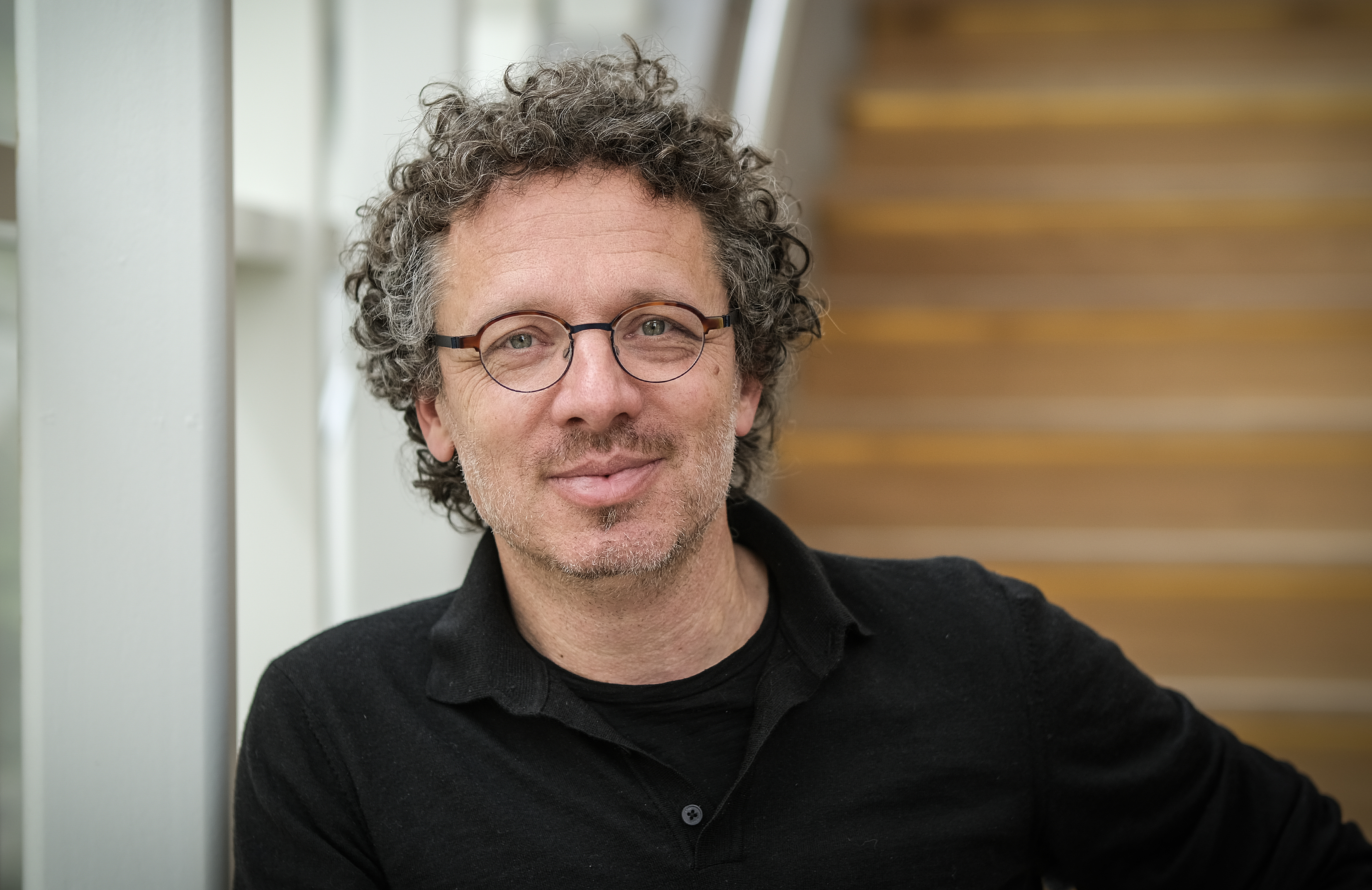Why the mix of Dutch and international students is especially important for Maastricht University
Limiting the number of international students in the Netherlands is a hot topic among Dutch politicians. Maastricht University (UM) has taken a critical stance in this discussion. The university was founded in the 1970s to promote prosperity in the Limburg region—prosperity that has long been enhanced by UM’s international character. What makes the mix of Dutch and international students even more important for UM than other Dutch universities? Hugo Hollanders, researcher at UNU-MERIT, and Astrid Boeijen, CEO of the Brightlands Smart Services Campus, explain.
History of UM
To understand the university’s importance to Limburg, says Astrid Boeijen, we have to travel back in time. “Traditionally, Limburg’s main source of income was industry. The end of the mining era posed a grave risk to the local economy. One of the measures taken to avoid an economic decline was that in 1976 the government approved the establishment of a university in Limburg: the Rijksuniversiteit Limburg, later renamed Maastricht University.”
Various government organisations and large companies also relocated to Limburg, including the Tax and Customs Administration, Statistics Netherlands (CBS), the pension provider APG and the life-science company DSM. “The aim was to increase employment and prosperity in the region”, explains Boeijen. “The university continues to play a crucial role in this. It makes Limburg more attractive to students, researchers and businesses alike.”
Innovation Scoreboard
How Limburg has benefited from the presence of the university and other employers is evident from the European Regional Innovation Scoreboard. Hugo Hollanders, senior researcher at UNU-MERIT, has spearheaded the development of this tool since 2001. “The scoreboard measures the competitiveness of regions across Europe in terms of research and innovation,” he says. “We look at indicators such as patent applications, the percentage of professionals with a tertiary education and the number of scientific publications.”
In the latest report from 2021, Limburg ranked 45th out of the 240 European regions included. Zooming in on the Netherlands, Limburg ranked 6th out of its 12 provinces. North Holland, Utrecht and North Brabant were the best-performing Dutch provinces, with Drenthe and Zeeland bringing up the rear together.
University crucial for Limburg’s performance
The presence of the university clearly drives up Limburg’s score. “The university has a positive impact on the innovation performance of the province,” says Hollanders. “If it ceased to exist or shrank considerably—as a result of admitting fewer international students, for example—we’d no longer be in the top 20% of regions. Since the loss of industry, Limburg has primarily been a knowledge and service economy. If the university were to shrink drastically, the region would fall further behind the Randstad regions.”
If Maastricht University were to shrink drastically due to a decline in international student numbers, Limburg would fall further behind the Randstad regions.
- Hugo Hollanders
The value of regional universities is also apparent from the lowest-scoring Dutch provinces on the Innovation Scoreboard. “Drenthe and Zeeland are in last place largely due to the fact that they don’t have universities,” says Hollanders.

Astrid Boeijen
Astrid Boeijen will serve as CEO of the Brightlands Smart Services Campus in Heerlen until 1 July 2023, when she will become the CEO of the Brightlands Chemelot Campus in Geleen. Brightlands is a network of innovation campuses in Limburg. Together, the four campuses serve 30,000 entrepreneurs, researchers and students working on breakthroughs in the fields of sustainability, health and digitisation. Brightlands is a partnership between the Province of Limburg, Maastricht University, the Maastricht University Medical Centre+, the Open University and other knowledge institutes, as well as APG, DSM and the chemical producer BASF.
Brightlands
Brightlands is one organisation committed to improving Limburg’s innovation performance and employment opportunities. Four Brightlands campuses are spread throughout the region, each with its own focus in terms of innovation. The campuses were jointly established by UM and the Province of Limburg, always in collaboration with a third and occasionally a fourth shareholder. “Brightlands is a partnership between knowledge institutes, government and industry with a view to collaborating across geographical, organisational and disciplinary boundaries”, explains Boeijen, CEO of the Brightlands Smart Services Campus.
“The Brightlands campuses were established as a driver of the local economy and society. We want to attract companies to Limburg and help them start up and grow. We also want to offer students relevant employment opportunities, and organisations access to the knowledge possessed by Limburg students and graduates.” To this end, Boeijen says, UM plays a crucial role. “The knowledge UM contributes is essential to regional growth. Without it, companies would be far less likely to relocate here.”
Growth through internationalisation
Not just the university itself, but also the influx of international students is important to maintain Limburg’s prosperity and innovation performance. Hollanders speaks from personal experience: “When I studied at UM in the 1980s, the university was still small. It only began to grow when more programmes were offered in English. Today, more than 50% of our students come from abroad.”
Boeijen, too, highlights the importance of continuing to attract international students. “It makes sense that UM has a lot of international students, given its location near the Belgian and German borders. If you take a recruitment area of 100 kilometres, UM’s radius will mainly cover Belgium and Germany. It would be difficult for the university to survive without students from other countries.”
Thinking beyond national borders
In Hollanders’ view, there should be no barriers to studying or working in other European countries. “We should see these students as European students, rather than students from specific countries. Everyone should be able to study or work in another European country without obstacles. Dutch students often end up working in an international environment as well. International education prepares them for this.”
What if UM students leave Limburg again after graduating? Boeijen sees this as a non-issue. “Graduates who return home can still be ambassadors for the Netherlands in their home country. But it is important that a large proportion of these students stay in the Netherlands. It makes it attractive for companies to relocate here. After all, the region gives them access to a very diverse group of prospective employees, each of whom brings knowledge from their own country. And with the Brightlands campuses, Limburg has a powerful tool to bring employers and prospective employees together.”
International students are particularly important to Limburg given the economic value of the university and its geographical location.
- Astrid Boeijen
Not just an educational issue
Boeijen objects to the one-size-fits-all treatment of the different Dutch regions in the plan to limit the number of international students. The debate has been too narrow, she says. “It goes beyond educational arguments. This discussion also affects the local economy and society. Admitting fewer students would damage the Limburg economy. If UM shrank, this would mean less knowledge and fewer professionals who are of great value to academia and the labour market alike.”
Boeijen is adamant: “An exception should be made for Limburg in view of the economic value of the university and its geographical location. Limiting the number of international students at UM would have disastrous consequences. First, it would lead to a shortage of international employees in this international region, making it a less attractive business location. Second, UM would take such a big hit that it would no longer be able to effectively fulfil its role as a driver of the Limburg economy.”

Hugo Hollanders
Hugo Hollanders is an economist and senior researcher at UNU-MERIT, part of Maastricht University. He has more than 25 years of experience in innovation studies and innovation statistics. Hollanders has been involved in various European Commission projects to assess innovation performance at a national and regional level. He is the primary author of the European Innovation Scoreboard.
A peek into how European innovation is progressing – and being monitored
An annual report called the European Innovation Scoreboard ranks countries based on their level of innovation over the past year. Ahead of the 2023 edition releasing this June, Hollanders shares a few words about his experience as a policy-influencing researcher and what to expect from this year’s Scoreboard.
Click here to read the full Q&A with Hugo Hollanders.
Also read
-
Moving on your own to a new country with a different culture and language and without a support network can be challenging. Master's student Beverlianne Green therefore quickly realised she wanted to get involved with the local community. Through the Personal & Professional Development Portal of...
-
Fair and Smart Data (FSD) researcher Niklas Mensing attended the World Cocoa Conference in Brussels this year. In his blog, he shares personal learnings and thoughts from the conference proceedings and highlights some of the industry's core issues.
-
Drawing blood, inserting an IV, or looking into the ear; even seemingly simple medical procedures can cause anxiety, pain, and stress in children. According to pediatric intensivist Piet Leroy, comfort and trust are just as important as the medical treatment itself. Therefore, he is researching how...


